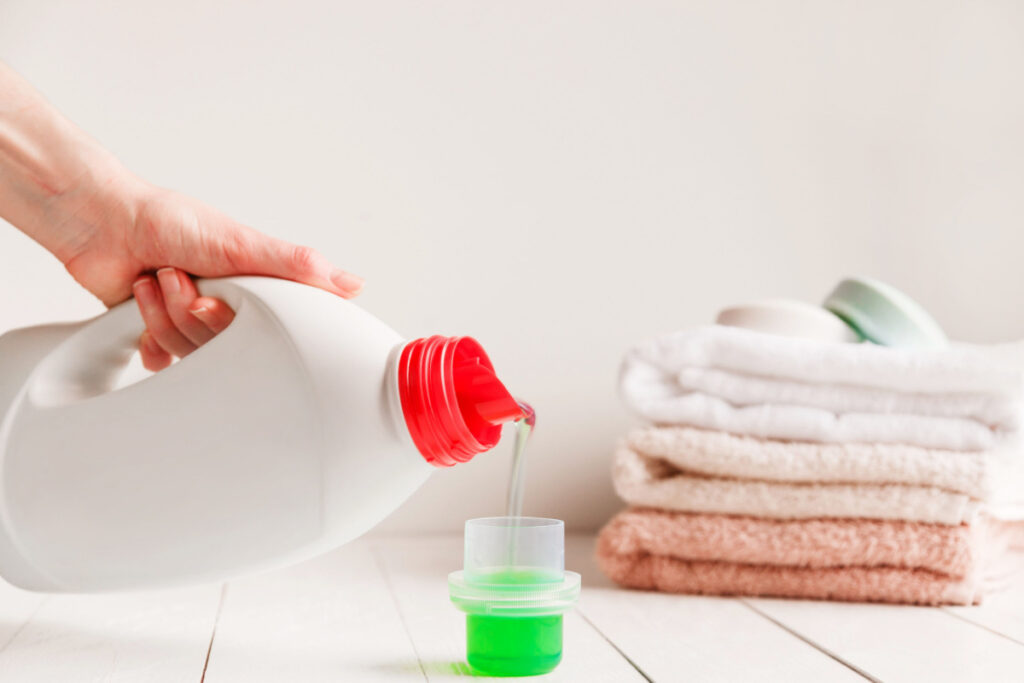
Laundry detergent class action lawsuits overview:
- Who: Complaints have recently been filed against Procter & Gamble, Church & Dwight, Henkel Corp. and Unilever United States and its subsidiary The Laundress.
- Why: The complaints were filed over claims revolving around false advertising and chemical-related concerns.
- Where: Nationwide.
A number of complaints have recently been filed against laundry detergent makers over claims revolving around false advertising and chemical-related issues.
One of the lawsuits was filed by the parents of an immunocompromised 5-year-old girl who died after coming in contact with The Laundress products that would end up being recalled over concerns they were contaminated with bacteria.
Plaintiffs Ashley Sites and Gabriel Yibale argued earlier this month that their daughter, Eliana, died after contracting bacterial infections of Pseudomonas and Klebsiella aerogenes; the plaintiffs claim the infections were caused by exposure to the recalled The Laundress products.
The plaintiffs claimed they used The Laundress products to clean her medical equipment after being convinced by the company that the products were “a highly effective, non-toxic line of fabric care and home cleaning products.”
“Due to Elliana’s compromised immune system and medical conditions, Plaintiffs meticulously researched brands and ingredient labels to ensure that she was protected from harmful germs, chemicals, and toxins,” the lawsuit states.
Despite this, Sites and Yibale argue 8 million The Laundress products would ultimately be recalled in December 2022 over concerns they were contaminated with bacteria such as Klebsiella aerogenes and several species of Pseudomonas.
The Laundress recalls around 800,000 fabric conditioner products over concerns they contained ethylene oxide
The Laundress was also in the news this month after around 800,000 of its fabric conditioner products were recalled over concerns they can contain the carcinogen ethylene oxide, a chemical impurity that could cause adverse health effects.
The recall was published by the U.S. Consumer Product Safety Commission on March 31 and applies to an additional 13,000 units of The Laundress products sold in Canada.
Consumers have been advised to immediately stop using the recalled The Laundress products and to contact the company for instructions on how to receive a full refund.
Gain laundry detergent containers don’t contain enough for ‘load’ amount advertised, says class action
A class action lawsuit was filed against The Procter & Gamble Co. earlier this month over claims the company falsely advertised certain containers of its Gain laundry detergent as containing enough product to do 32 loads of laundry.
The consumers behind the class action lawsuit argue they would only be able to do 32 loads of laundry from the containers marketed as containing 32 loads if they only did the “smallest load size possible.”
“The majority of Americans who take advantage of the whole usable capacity of their washing machines will not be able to do 32 loads of laundry,” the Gain class action states.
P&G, meanwhile, is accused of being aware that consumers who use the product “would not expect loads of laundry to refer to the smallest possible amount of laundry they could put in their washing machine.”
Arm & Hammer laundry detergent contains probable human carcinogen, class action says
A class action lawsuit was also filed against Church & Dwight Co. earlier this month over claims the company falsely advertises that its Arm & Hammer brand Clean Burst laundry detergent is environmentally friendly, despite allegedly containing a probable human carcinogen.
The consumer behind the complaint argues the Arm & Hammer Clean Burst laundry detergent contains the probable human carcinogen 1,4-Dioxane, which Church & Dwight allegedly fails to disclose.
“Despite the claim to purity, ‘Clean Burst’ and bright blue wave, nowhere on the packaging does it disclose the presence of dioxane,” the Arm & Hammer class action states.
Church & Dwight is also accused of potentially contaminating drinking water in the event the Arm & Hammer Clean Burst laundry detergent is washed down the drain into “vulnerable aquifers.”
All laundry detergent allegedly contains enough product for less than half as many loads as advertised
A class action lawsuit was filed against Henkel Corp. earlier this month over claims the company falsely advertised the amount of loads a consumer could do with one container of its All brand laundry detergent.
The consumer behind the complaint argues that All laundry detergent containers are marketed as containing enough product for 58 loads of laundry, despite allegedly only having enough to do less than half of that number, in the event a consumer does a full load.
“For the vast majority of consumers doing full loads of laundry at high efficiency … the most loads the product provides detergent for is approximately half as many, or roughly just approximately 28 loads, or less,” the All class action states.
The All laundry detergent containers do provide a disclaimer that the 58 load amount is based on whether the smallest of four load sizes is done; however, it is only written in small print on the back of the bottle, the All class action alleges.
Xtra laundry detergent unable to do as many loads as advertised, class action
A similar class action lawsuit was filed against Church & Dwight in March over claims it falsely advertised the amount of loads one container of its Xtra brand laundry detergent products can accomplish.
The consumer behind the complaint argues the Xtra laundry detergent is marketed as having enough detergent for 116 loads, when, in reality, that amount is only possible if medium loads are done.
The U.S. Department of Energy (DOE), meanwhile, has confirmed that a consumer understands the term “load” in a laundry context as meaning a full unit, the Xtra class action alleges.
“(The DOE) determined … ‘full load’ is widely understood by consumers, washing machine manufacturers and detergent companies as referring to a load size that takes advantage of the whole usable capacity of the clothes washer,” the Xtra class action states.
Have you been impacted by a laundry detergent-related class action lawsuit or recall? Let us know in the comments!
Don’t Miss Out!
Check out our list of Class Action Lawsuits and Class Action Settlements you may qualify to join!
Read About More Class Action Lawsuits & Class Action Settlements:


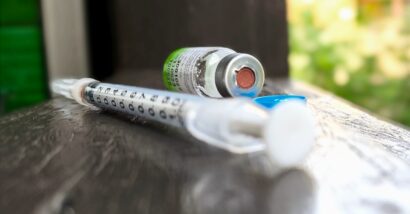







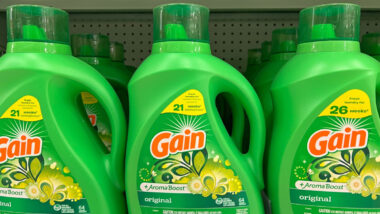
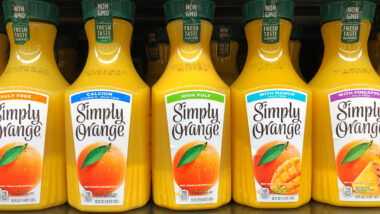

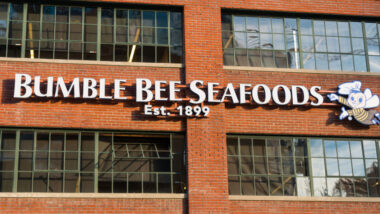

306 thoughts onLaundry detergent lawsuit allegations focus on chemicals, false advertising
Please add me
Please add me
Please add me
Please add me
Please add me. Thank you!
Please add me.
please add me. i have used both gain and arm and hammer detergents for over 25 years.
Add me
I have used all of them!!! I alway end of using most of the container!! I even pre-spot and it does not help!!
Please add me as I have used most of these products over the years and now I’m I am dealing with various health issues myself.
I have been using Gain for years and never get the amount of loads that it states on the container. I thought I was just putting in too much on each load. Please add me. Thanks.
Please add me I have used these products for years, I wasn’t aware of the harmful chemicals in them.